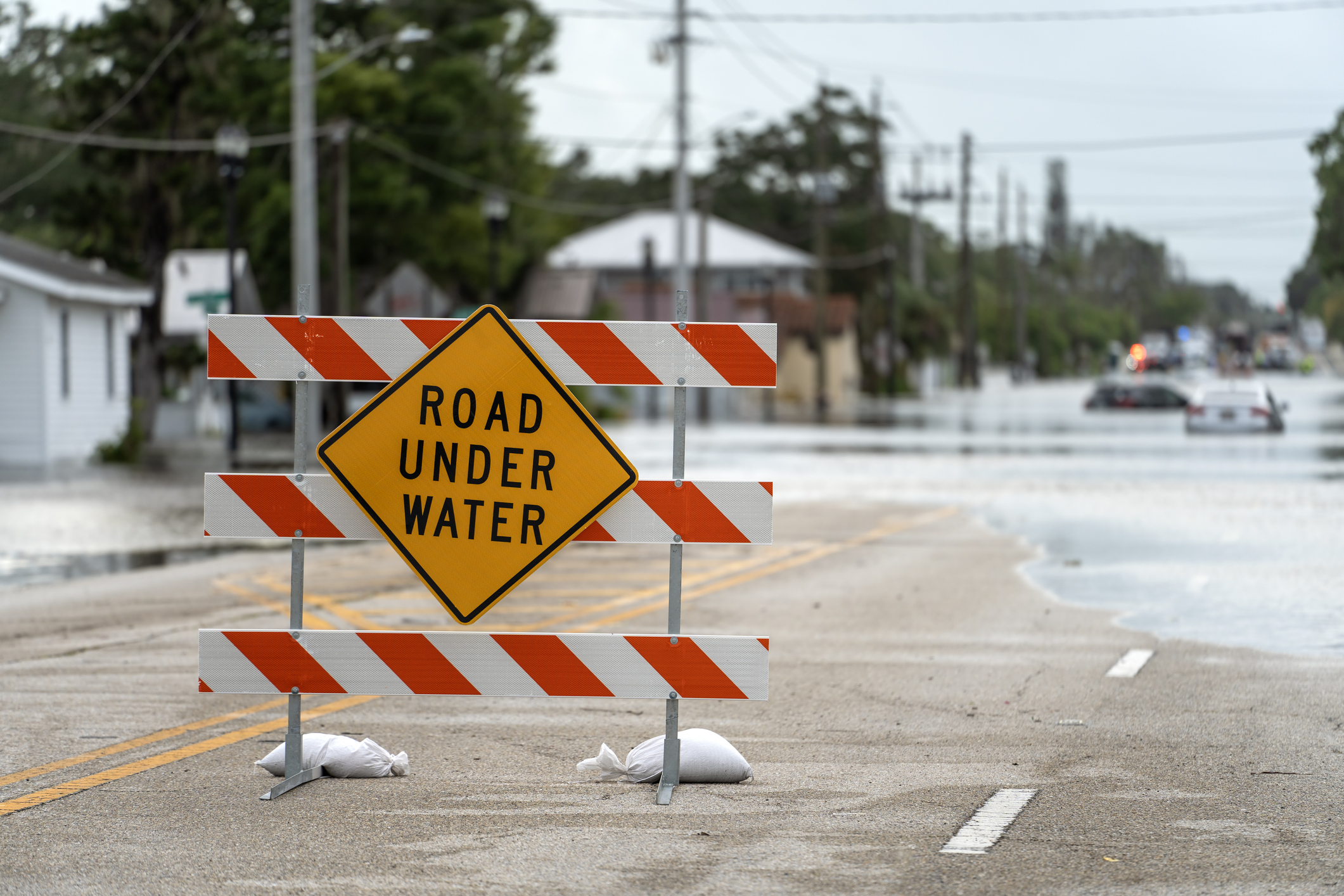It is frequently called the “climate crisis.” Groups like Climate Solutions and the Washington Environmental Council argue we don’t have time to waste in reducing carbon emissions. That’s one reason they’ve called for a price on carbon emissions, even sponsoring a forum called “why a price on carbon is necessary to avoid climate catastrophe.” Two years ago, Governor Inslee announced “This is the time to act.”
Apparently the climate crisis isn’t the catastrophe it used to be.
Tuesday, Elicott Dandy, a representative of the Alliance for Jobs and Clean Energy and OneAmerica, argued before the legislature against putting a price on carbon because the proposal included a tax cut. A tax cut, she claimed, is “too high a price to pay” (her testimony begins at the 1:45:15 mark) to address climate change.
Too high a price.
It gets worse. The full statement by OneAmerica on behalf of the coalition of green groups opposing I-732, is incoherent and contradicts itself at least twice.
- Dandy says we can’t afford tax cuts because it would force cuts in other programs would harm the poor. In other words, there is a not a single other state program worth cutting to put a price on carbon. Despite claiming that climate change is the most important issue, this makes it clear that addressing climate change is the least important issue and isn’t worth cutting a single other program to address.
- After saying the tax cuts are too large, she then argued they were too small. Dandy said the “tax cuts for some businesses are insufficient to prevent leakage.” Put simply, the tax cuts aren’t big enough to offset the increase in the price of carbon-based energy. As a result, energy-intensive industries will close up and move overseas. This is known as “leakage,” because worldwide emissions aren’t reduced, they simply leak overseas. So, she claims the tax cuts are simultaneously too big and too small.
- Ironically, the statement from the environmental community then admits their own proposal assumes it will create the very leakage she claims to oppose. The statement says I-732 “fails to provide transition for workers in energy-intensive, trade exposed industries.” Back to claiming the taxes need to go up, the position of the Seattle environmental community is that the taxes that drive business out of Washington can be used to retrain the workers who lose their jobs. Rather than cutting taxes to keep the jobs in the state and stopping leakage, the statement from the coalition of green groups assumes I-732 will kill jobs and create leakage.
In summary, the position of the Seattle environmental community is that the tax cut is both too large and too small, and that leakage is a reason to oppose I-732, but their own alternative will create even more leakage.
We have consistently argued that Washington can take practical steps to reduce the risk from carbon emissions and have offered ways to do that effectively. Occasionally we have been criticized by some of our friends on the right for offering alternatives; they argue the left only uses climate change as a Trojan Horse to justify higher taxes and larger government, saying they don’t really care about climate change. I must admit, the contradictory and incoherent statement by the environmental coalition at this week’s hearing lends credibility to the claim they care more about increasing the size of government than the planet.



